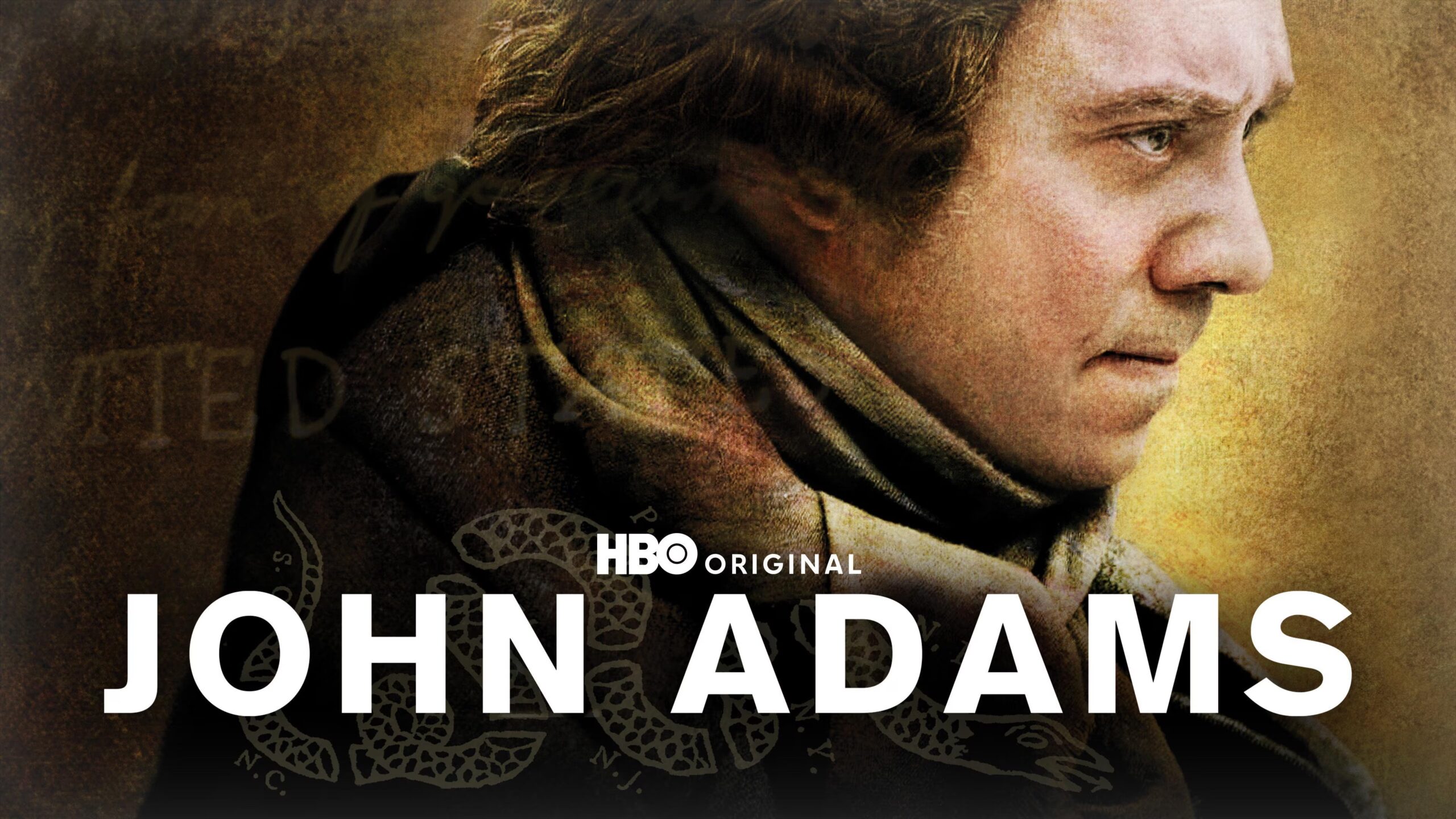When people think of the Academy of Motion Picture Arts and Sciences, they think of self-aggrandizing awards given out to their peers in the industry and an awards show where everyone pats each other on the back through the Academy Awards, better known as the Oscars. But in the early days of the Academy, their mission was about changing the way we see movies and had nothing to do with the Academy Awards. AMPAS executive Bruce Davis knows that its members do not feel the same way and that it was quite the contrary in the early days when the awards were actually a low priority for the organization. He discusses this in his new book The Academy and the Award: The Coming of Age of Oscar and the Academy of Motion Picture Arts and Sciences about the early decades of the Academy organization.






In actuality, the organization was formed in 1927 at a time when movies were going through a seismic shift in how they were made and viewed by the filmgoer and the organization was created to guide the film industry through these changes that would forever change the way we watch movies, and nowhere in that mission statement was Oscar and the awards. The organization was the brainchild of MGM executive Louis B. Mayer, whose goal was “to stymie the formation of craft unions” according to Davis in his book. This would cause the Academy to become the arbiter of labor disputes for several years, which almost lead to its downfall. Before the Academy served as arbiters, the AMPAS leaders were guiding films into a new era and tackled the issue of moviegoing that was drastically changing with the new technology of the era, which evolved the little art of moviemaking into a full-blown industry of its own.





The fly-by-night entertainment of making movies in the silent era was often compared to that of America being founded in the choatic Wild West, most notably shown recently through the Damien Chazelle 2022 film, Babylon. during that period Academy representatives conducted studies and established standards for the illumination of the theater screen and detailed the growing use of incandescent lighting on film sets, and this effort led to the drive for a single standard screen size that became known as the Academy Ratio. The Academy became to the one-stop shop for clearing sound challenges on sets and ways to train the sound workers “for an industry that was nearly devoid of people who knew how to record or reproduce sound.” according to Davis in his 2022 book.








With films moving from the silent era into the talkie era, one of the first objectives of the Academy was to help foster an understanding in the film industry that their medium owed more to technology than any other art form that had previously come existed before them. The Academy was doing meaningful work to successfully impose quality control on the experience of going to the movies and rather than the Academy getting credit for that, the industry turned on them and ridiculed them for setting a standard for quality films being made in a new era of filmmaking. And the AMPAS only became arbiters of labor disputes because the guilds that today represent the different areas of filmmaking had not yet been created. In the first five years of the Academy, its conciliation committee settled nearly 350 disputes between actors and producers and more than 50 between writers and producers. But this led to a growing disdain by the industry for the AMPAS, and the year 1933 became the Academy’s rock bottom.

In 1933, the Academy was discouraged by the steady drop in membership numbers brought on by the escalating financial problems, and the organization’s failure to establish a vital role in the evolving film industry. As a result, the Academy fired everyone and virtually shut down, due to finances and growing animosity towards the producer members who were often the catalyst to the labor disputes between actors and writers that the Academy was arbiter to. And from this growing dispute came the formation of the Screen Writers Guild, Screen Actors Guild, and Directors Guild which were all created from 1933 to 1936. The disparaging part of their creation of the Academy was that they were created with the 0intent to bring down the Academy and all the progress it had made to usher the film industry into a new era. Eddie Cantor, second president of SAG when summing up his feelings on the new guilds would frequently proclaim in his speeches that “the Academy must be destroyed!”










So, along with the financial hardships the Academy was facing they were up against losing the support of Hollywood workers as well. For many years, the only way the Academy made money was through members’ dues, and with fewer Hollywood workers joining the Academy and paying dues, a solution had to be made to make up for the financial loss. It was in the second year of the Academy Awards that radio stations began carrying live broadcasts to hopefully bring in some money for the organization. But eight years into carrying the broadcast of the Academy Awards over the radio, the Academy had nothing financial to show for it. The Academy didn’t earn a cent because the decision-makers in the organization found the idea of sponsorship to be distasteful. This was also why in the first eight years; the Academy had resisted putting the Oscars on television in a live broadcast. The decision-makers did not yet realize the salvation that a televised broadcast would be for the organization and the Academy Awards.


In the 21st century, the Academy has faced the same criticisms as it did from its inception, but it has also faced newer scrutiny in terms of inclusivity in its board and voting body, which decides who is nominated for an Academy Award. The Academy has always faced criticisms of being too parochial and favoring Hollywood movies at the expense of Independent films that have come from other countries, and while the Academy has tried to address these issues over the years by adding a International Feature Film category to the Academy Awards and also included foreign filmmakers in the body of voters at the Academy, some argue it is still not enough to fix the problem that has plagued the organization since its formation. The organization was designed to be elitist and has only ever accepted top professionals in the industry for induction into the Academy and most believe it would take an overhaul of the induction process and the Academy to lose the criticism over the inclusion of independent and foreign filmmakers.

A perfect example of this criticism was the four wins for the 1948 film Hamlet whose wins included Best Picture and Actor for Laurence Olivier. The wins angered many members because the film was considered to be a foreign film. The same anger came in 2022, when the Independent and Apple TV+ streamer film, CODA won Best Picture and Best Supporting Actor. The members were angered due to the film only being available on a few screens to qualify for nominations, but that it was a primarily streaming service release and not meant for the big screen and was only eligible for consideration due to the COVID-19 pandemic closing down theaters. So, while the circumstances differed the anger was the same, the Academy members didn’t think the film was Hollywood enough to win. And this issue is likely to be a growing anger as streaming films become more prevalent in yet another changing era in filmmaking that Hollywood has to become accustomed to and adapt to overcome or find itself again a dying breed at the hands of changing technology.







This has caused the Academy to be the topic of new accusations saying that the organization is out of touch and will soon become obsolete with the abilities of streaming and filmmaking removing the middleman and need for approval. As filmmakers and viewers see it, the Academy needs to take a hard look at its organization, like the rest of Hollywood, and deal with the ever-growing popularity of streaming services in the new era of technology. The Oscars have also seen a large decline in viewership every year as these accusations become more and more relevant through the streaming options and inclusivity in film conversations grow louder. While the Academy has made some changes to its voting body, it’s not enough, and more must be done to keep its credibility in Hollywood and keep viewers interested in seeing their film at the Academy Awards. Some are hopeful for this year’s ceremony awards, with the Asian American family-centered film, Everything Everywhere All At Once being the front-runner and film to beat at the Oscars. Most people see the inclusion of this film being voted in almost every category of the Academy Awards as a push in the right direction and hope that the Academy continues this in the future in order to remain relevant in an ever-changing era of filmmaking. Oscar has made it to 95, and at that age, it’s a milestone like no other, but let’s hope the digital age lets Oscar live to see 100!













Tune in Live Sunday March 12 for Oscars95 hosted by Jimmy Kimmel!




